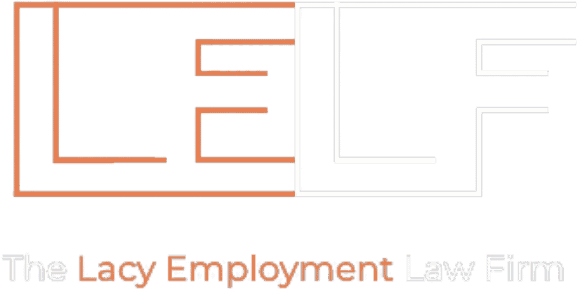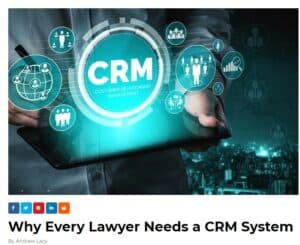Are you a Human Resources (HR) specialist working with a company or organization? HR professionals strategically manage employees while remaining compliant with legal statutes and laws governing employer obligations and employee rights.
If a company or organization is in violation of the law, it increases the risk of lawsuits resulting in damage to its reputation and possible financial penalties involving huge fines. Since effective HR management is critical to business culture and operations, there’s a strong demand for these skills.
HR professionals must have a thorough understanding of the law and the common scenarios taking place in the workplace relating to HR governance. Here are the top issues facing HR departments and personnel.
Why HR Professionals Need to Understand the Law in the Workplace
The role of HR in an organization requires more than just a “cookie-cutter” strategy. Each company and organization has different HR needs for managing its employees and workplace environment.
The roles of HR can vary from hiring and firing to employee development and more. A company may have specialized individuals running different departments or a single HR manager doing everything.
Regardless of the role of the HR manager or staff member, compliance is the key aspect governing their function within the organization. HR professionals frequently face decisions that may have severe legal repercussions. Therefore, understanding how the regulations and laws governing the workplace apply to their organizational operations is critical.
Those HR professionals with experience and understanding of regulations and laws have an advantage in today’s workplace environment. These individuals understand the legal frameworks that reduce organizational and legal risk.
Critical Legislation for HR Professionals
HR professionals must find themselves familiar with the following legal issues to serve their employers and the workforce effectively.
Workplace Discrimination Legislation
HR professionals must have an understanding of Equal Employment Opportunity (EEO) legislation protecting employees from discriminatory acts relating to their age, ethnicity, sex, or religion. They must understand the aspects of individual laws governing the safeguarding of protected persons, such as the following.
- Age Discrimination in Employment Act (ADEA)
- Americans with Disabilities Act (ADA)
- Pregnancy Discrimination Act (PDA)
- Equal Pay Act (EPA)
These pieces of legislation govern all aspects of the employee lifecycle, from hiring to firing. Discrimination claims can also affect the hiring process during interviews, depending on the job description structure.
Therefore, HR professionals must understand the law, and they must understand its application to mitigate liability risk to the organization.
Wages and Hours Legislation
The US Department of Labor governs the laws pertaining to employee wages and hours. The Fair Labor Standards Act (FLSA) is the primary statute of concern governing the following fair practices.
- The national minimum wage.
- The national 40-hour workweek.
- Requirements for payment of overtime.
- Child labor regulation.
The Family and Medical Leave Act (FMLA) of 1993 entitles eligible workers to 12-weeks of unpaid leave for specific medical and family reasons while continuing job protection and healthcare coverage for the employee.
The courts amended the act in 2010 to include additional flexibility for active military service people and veterans, offering them additional legal protection.
Employee Benefit Legislation
This legislation protects the employee’s access to workplace benefits. Some of the most prominent legislation includes the following.
The Employee Retirement Income Security Act (ERISA)
Employers must meet minimum requirements for pension plans.
The Affordable Care Act “Obamacare”
This legislation has a design to increase affordable access to healthcare.
The Health Insurance Portability and Accountability Act (HIPAA)
This legislation provides employees and their dependents with privacy and protection from the unauthorized release of medical records. The law also protects employees from any discrimination based on medical history or their current medical condition.
The Consolidated Omnibus Budget Reconciliation Act (COBRA)
This legislation ensures company insurance provides employees access to healthcare insurance for a stipulated time after leaving their employment position with an employer.
Immigration Laws
Immigration legislation, including the Immigration and Nationality Act (INA), ensures employers hire candidates that are eligible for work in the US. These individuals include citizens and non-citizens, permanent residents, and authorized aliens. These laws outline the use of form, I-9, for verifying compliance.
Workplace Safety Legislation
Created in 1970, the Occupational Safety and Health Act (OSHA) ensures employees have a safe working environment.
The Occupational Safety and Health Administration regulates and oversees compliance to this legislation by employers. Workers’ compensation laws outline the rollout and administration of disability programs for federal employees injured in the workplace.
Employees of state governments and private companies have protection under laws set by the state worker compensation board.
In Closing – Understanding Legal Application
The key skill of any HR manager or professional is the person’s capacity for critical thinking for solving problems arising for the organization. Many HR students fail to memorize laws because they change so frequently, and they may not have any application in the future.
That’s why it’s necessary for HR professionals to adopt and develop critical thinking skills. Combining these skills with the ability to identify fact patterns helps HR professionals apply the law to real-world frameworks.
These HR professionals must gain an understanding of how to garner the skillset and knowledge to apply the law within their organizational roles. These skills require that the professional is flexible with their knowledge and application of the law, even in a fluid, changing legal dynamic.
The combination of legal knowledge and analytical skills helps to set HR professionals apart from their peers, advancing their careers.















